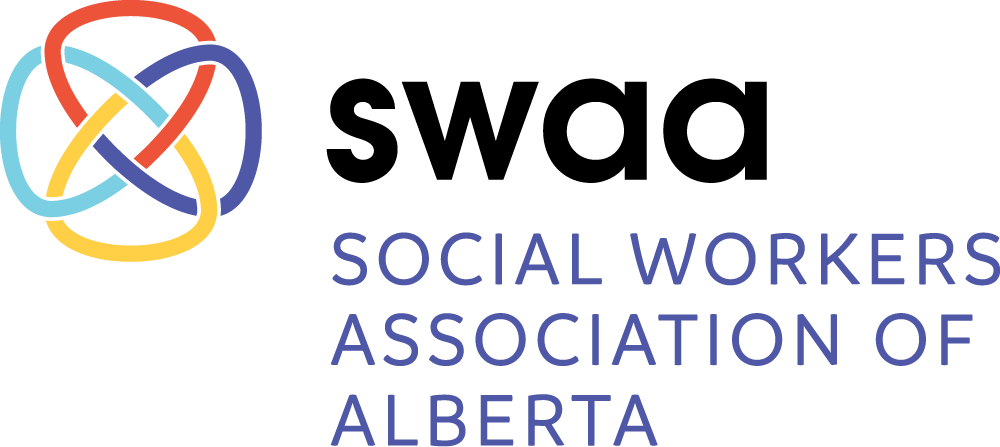Emancipation Day.
Remembering Freedom, Confronting Legacy
On August 1, Canadians observe Emancipation Day, commemorating the anniversary of the Slavery Abolition Act of 1833, which took effect across the British Empire in 1834. This historic legislation freed more than 800,000 enslaved African people in British colonies, including what is now Canada. The day is both a celebration of Black freedom and a solemn reminder of Canada’s own history of slavery and systemic anti-Black racism.
Communities across Canada have long commemorated this day, even before it was officially recognized. Noted by Parks Canada: “Celebrations of Emancipation Day began on August 1, 1834, when people of African descent marked the abolition of enslavement” in what became Ontario, Quebec, Nova Scotia, New Brunswick, and British Columbia. These early gatherings, consisting of parades, speeches, picnics, and musical events, became neither passive anniversaries nor mere joy. They were acts of resistance, resilience, and racial pride rooted in community-building.
In 2021, the House of Commons unanimously voted to designate August 1 as Emancipation Day across Canada, following decades of advocacy by Black leaders and community organizations
While Canada is often imagined as a safe haven due to its role in the Underground Railroad, this narrative obscures the centuries during which African and Indigenous peoples were enslaved on Canadian soil. Slavery existed in New France and British North America from the 1600s until its abolition. Black people were sold, traded, and inherited as property, and the legacies of that violence persist in today’s racial inequalities.
Why Emancipation Day Matters
Recognizing Emancipation Day is a step toward truth and justice. It affirms that the history of slavery is not peripheral to Canadian identity; it is foundational. From unjust policing to disparities in housing, employment, education, and health care, the impacts of slavery continue to shape Black communities. As the United Nations Working Group of Experts on People of African Descent noted during their visit to Canada in 2016, systemic anti-Black racism remains entrenched.
Emancipation Day calls not only for remembrance, but for meaningful action. It invites all Canadians to reckon with the past, challenge racial injustice, and commit to equity. The recognition of Emancipation Day as a national historic event by the Government of Canada reflects the resilience and agency of African Canadian communities, while also acknowledging that the struggle against racism is far from over.
In 2025, the Department of National Defence echoed this sentiment, emphasizing that Emancipation Day is a reminder that the pursuit of freedom, justice, and equality is a continuous and collective responsibility. Emancipation Day is not just about honouring history; it is about fostering lasting change.
Emancipation and Resistance
Emancipation was not a gift granted by colonial powers; it was won through the resistance and resilience of enslaved Africans and their descendants. From uprisings in the Caribbean to petitions, court battles, and cultural endurance, Black communities have always been at the forefront of the fight for freedom.
In Canada, Black Loyalists, Maroons, and refugees from American slavery forged communities, preserved culture, and resisted oppression. Their stories, of strength, survival, and sovereignty, deserve to be centred in how we understand the meaning of Emancipation Day today.
Reflection and Responsibility
To honour Emancipation Day is to reflect on the freedoms denied and the freedoms still pursued. It means examining how colonial legacies manifest today and advocating for policies that address anti-Black racism, including equitable education, fair housing, community-led health care, and justice reform. It means amplifying Black voices, supporting Black-led organizations, and investing in Black futures.
This day also calls for a deeper understanding of intersectionality: how Black liberation is tied to the liberation of all marginalized groups, and how freedom cannot be partial or conditional. Emancipation is an ongoing process, one that requires truth-telling, courage, and collective commitment.
August 1 is not simply a commemoration of the end of slavery. It serves as a reminder of how freedom was fought for and how it must be safeguarded through ongoing action. Emancipation Day asks us to remember, to listen, and to build a future where justice is more than an aspiration; it is a lived reality.
Written by Evetta Solomon
Resources
